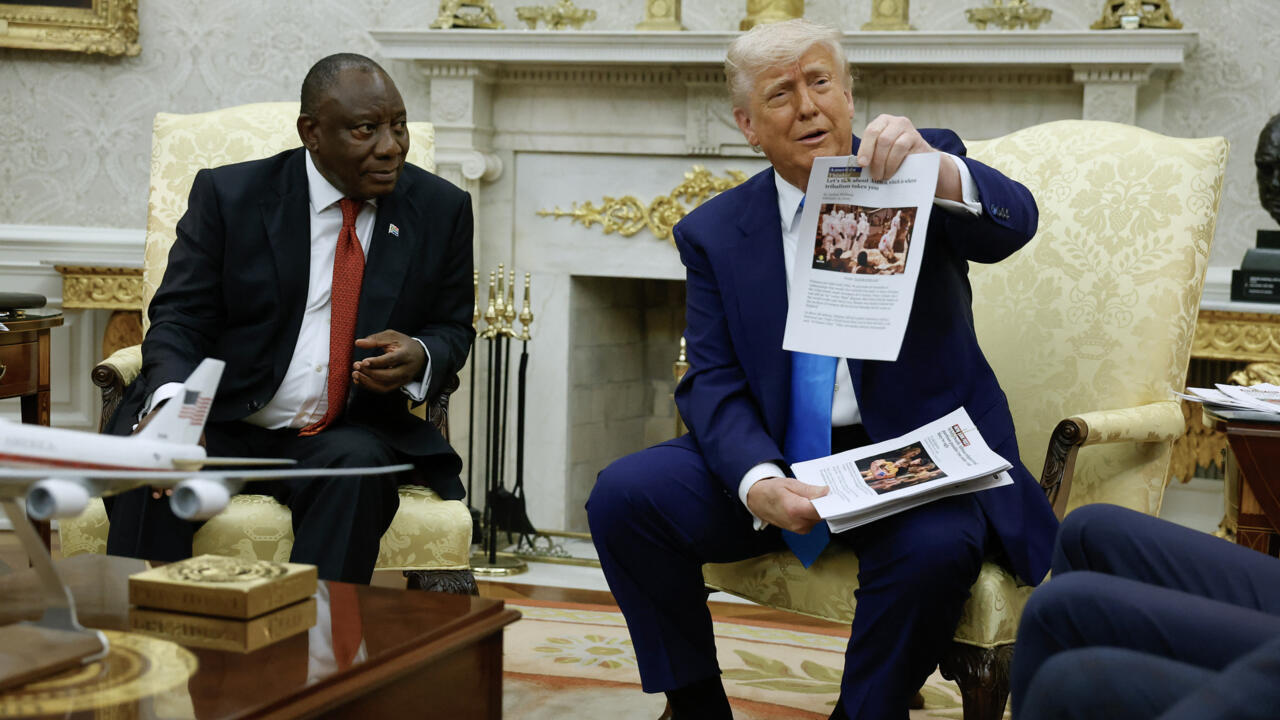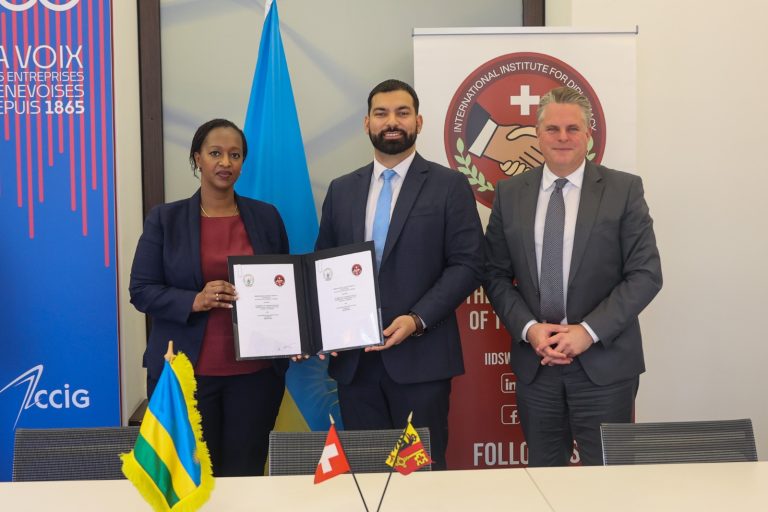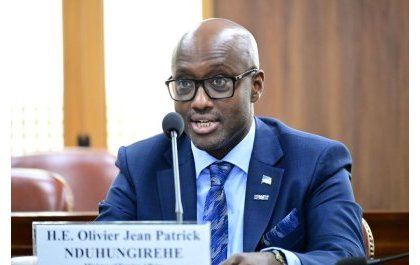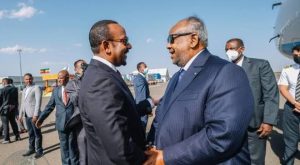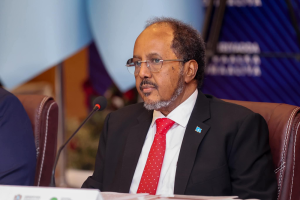The recent diplomatic stance and actions of the U.S. President Donald Trump represent a turning point in the relationship between the United States and Africa, characterized by an unprecedented level of hostility, neglect, and outright disrespect. This approach marks a significant departure from previous administrations which, despite disagreements, maintained a baseline of diplomatic engagement and mutual cooperation across the continent. Under Trump’s leadership, however, the tone and substance of U.S.-Africa relations have shifted dramatically toward a position of open rejection and strategic disengagement.
One of the most visible signs of this rupture is the decision to impose visa restrictions on citizens from multiple African countries. It is noteworthy that these measures target students, professionals, and cultural exchange participants—individuals who serve as bridges for mutual understanding and long-term collaboration. By preventing or complicating their mobility, the U.S. not only hampers educational and cultural ties but also signals a withdrawal from a 60-year-old tradition of people-to-people diplomacy. Such policies are perceived by many African leaders as a blatant display of disregard for Africa’s aspirations and potential.
Adding to this strained diplomatic fabric was the drastic reduction in aid, particularly in areas critical to Africa’s sustainable development. The Trump administration cut aid allocations related to climate change initiatives and placed severe limitations on humanitarian assistance programs. These cuts have tangible impacts on the ground— undermining projects aimed at combating climate change, addressing health crises, and alleviating poverty. Such actions are viewed as not only dismissive of Africa’s needs but also as a stark illustration of the prioritization of strategic interests elsewhere, often aligned with rival global powers.
The cumulative effect of these policies is the weakening of diplomatic relations between Washington and African capitals. Many African leaders have publicly expressed disappointment or concern over what they see as a shift from partnership rooted in mutual respect to an attitude of neglect and condescension. This erosion of trust threatens to undermine ongoing cooperation on issues such as trade, security, health, and sustainable development—areas in which Africa seeks genuine partnership rather than transactional or dismissive engagement.
Simultaneously, this diplomatic neglect has created a strategic vacuum that actors like Russia and China are actively exploiting. Both powers have intensified their outreach to African nations through economic investments, infrastructure projects, and diplomatic initiatives, often portraying themselves as more reliable or respectful partners. This situation is exacerbated by the perception that the U.S. has abdicated its historic leadership role in the continent’s development. As a result, African countries are increasingly engaging with new partners, seeking alternatives that align more closely with their interests and aspirations for sovereignty.
This shift has significant geopolitical implications. The growing influence of China and Russia in Africa challenges the longstanding dominance traditionally exercised by Western powers. It also complicates Africa’s foreign policy choices, forcing many nations to navigate a complex landscape of competing interests. For the U.S., losing influence in Africa could diminish its ability to shape future geopolitical alignments, security alliances, and economic partnerships on the continent.
In conclusion, Donald Trump’s approach to Africa exemplifies a narrative of strategic rejection—characterized by dismissive policies, aid cuts, and diplomatic neglect—that has far-reaching consequences. It weakens bonds built over decades, hampers mutual development efforts, and accelerates Africa’s engagement with emerging global powers. Moving forward, reversing this damaging trend will require a concerted effort rooted in respect, genuine partnership, and a shared vision for Africa’s development. Restoring trust and rebuilding productive relations must go beyond rhetoric— it must involve tangible commitments to shared prosperity and respect for Africa’s sovereignty in a rapidly changing international landscape. The challenge now lies in whether African nations and their traditional partners can adapt to these new dynamics and secure a future of cooperation grounded in mutual benefit and respect.










